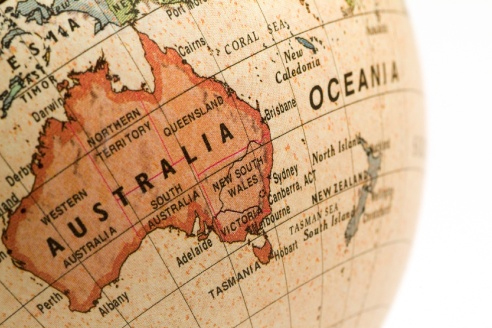Australia: Historic agreement with Japan falls short

Speaking from a press conference in Tokyo, the Australian Prime Minister, Tony Abbott, announced completion of a Japan-Australia Economic Partnership Agreement.
The National Farmers’ Federation (NFF) recognises that the Australian government has demonstrated its commitment to complete agreements with our key trading partners, such as South Korea and now Japan.
President of the NFF, Brent Finlay, said he understands the difficulties involved with negotiating such an agreement, and acknowledges both Minister Robb and Prime Minister Abbott for securing the agreement.
“We recognise the historical significance of the agreement. However, we are disappointed with the overall outcomes for agriculture with a number of sectors facing marginal improvements or limited commercial gains,” Finlay said.
“The agreement appears to be positive for Australian beef, horticulture and seafood, with a range of tariffs being reduced over time.
“We understand there is a commitment to review the agreement in five years, which is an opportunity to continue to improve the arrangements,” Mr Finlay said.
The sensitivities surrounding some parts of Japanese agriculture has made reaching an agreement more challenging. Australia is the first major agricultural exporter to achieve some movement on some of Japan’s high import barriers. While the agreement has provided some concessions, Australian farmers needed more.
“The ultimate objective with any trade agreement is to obtain tangible benefits to farmers. Agreements must be comprehensive. That means, no sector carve-outs and elimination of tariffs. The Japanese agreement falls short of the mark on a number of fronts in this regard,” Finlay said.
“The agreement does not improve—or marginally improves—market access and terms of trade for a number of sectors such as dairy, sugar, grains, pork and rice.
“Securing good deals for agriculture is always a difficult part of any negotiations and it is clearly the case for Japan. Given we export 60 per cent of the food and fibre we produce in Australia, our farmers need good commercial outcomes from future trade negotiations,” Finlay said.
Source: NFF.org











